
The Power of Strategic Thinking
Lock in Markets, Lock out Competitors
Recommendation
This book makes several excellent points about strategy. To find them, the reader must slog through pages of unremitting, self-promotional hard-sell, snide digs at business guru Michael Porter and contemptuous asides about consulting firms that base their strategic recommendations on research. Readers will miss little if they skip the CEO interviews, which might have provided interesting and informative insights had the author not chosen to focus on compliments to himself and his firm. But the bullet-point outlines of the strategic thinking process will be an eye-opener for many managers unaccustomed to thinking in this manner, and the section is illustrated robustly with real-life examples. Robert’s analysis of the driving forces of various businesses makes the entire effort worthwhile. getAbstract.com recommends this book for executives and entrepreneurs in any industry.
Summary
About the Author
Michel Robert is founder and president of Decision Processes International, Inc. His clients include such major companies as Caterpillar, 3M and GATX. He has written for numerous business magazines and journals and is a noted speaker. His previous books include Strategy Pure & Simple Product Innovation Strategy Pure & Simple and Strategy Pure & Simple II








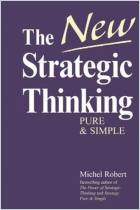
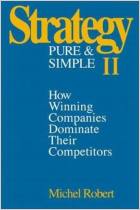
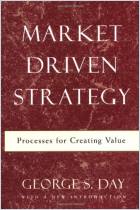
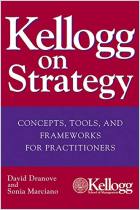
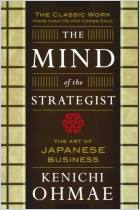
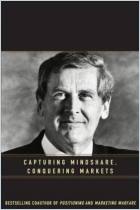
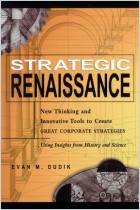
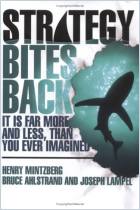



Comment on this summary or Start Discussion